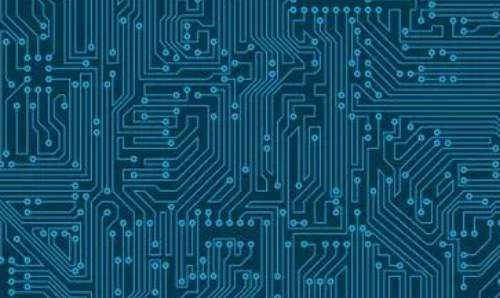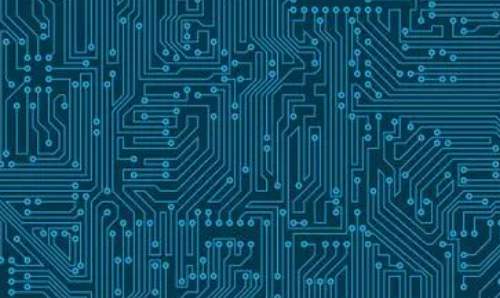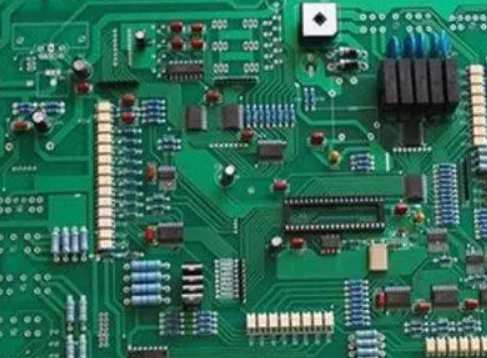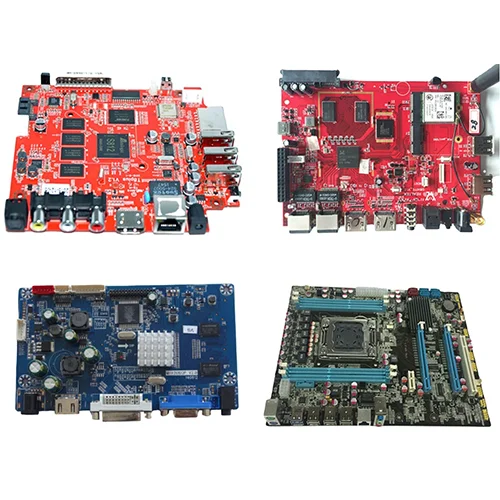
Manual wiring and critical signal processing
Although this paper mainly discusses the problem of automatic wiring, manual wiring is and will be an important process in PCB design. Manual wiring is helpful for automatic wiring tools to complete the wiring work. As shown in Figure 2a and 2b, by manually routing and fixing the selected network (net), a path can be formed for automatic routing.
Regardless of the number of key signals, these signals are routed first, either manually or in combination with automatic wiring tools. Critical signals usually have to be carefully designed to achieve the desired performance. After the wiring is completed, it is much easier for the engineer concerned to check the signal wiring. After the inspection is passed, the wires are secured and the rest of the signals are automatically routed.
Automatic wiring
For the wiring of key signals, it is necessary to control some electrical parameters, such as reducing distributed inductance and EMC, etc., and the wiring of other signals is similar. All EDA vendors provide a way to control these parameters. The quality of automatic wiring can be guaranteed to a certain extent after understanding the input parameters of automatic wiring tool and the influence of input parameters on wiring.

General rules should be used to route signals automatically. By limiting the layers and the number of holes to be used for a given signal by setting limits and forbidding areas, the wiring tool can automatically route the signal according to the engineer's design. If there is no limit to the number of layers and holes laid in the automatic wiring tool, every layer will be used in the automatic wiring process, and many holes will be created.
After the constraints are set and the rules created are applied, the automated wiring will achieve similar results as expected, perhaps with some finishing work, as well as securing space for other signals and network wiring. After a portion of the design is completed, it is fixed to prevent it from being affected by the subsequent wiring process.
Follow the same steps to route the remaining signals. The amount of wiring depends on the complexity of the circuit and how many general rules you define. After each type of signal is completed, the constraints on the rest of the network wiring will be reduced. But with that comes a lot of signal wiring that requires manual intervention. Today's automatic wiring tools are very powerful and usually complete 100% of the wiring. However, when the automatic wiring tool does not complete all signal wiring, it is necessary to manually route the remaining signal numbers.
The design points of automatic wiring include:
7.1 Slightly change the Settings to try multiple routing routes;
7.2 Keep the basic rules unchanged, try different wiring layers, different printed lines and spacing widths, different line widths, different types of holes such as blind holes, buried holes, etc., and observe the influence of these factors on the design results;
7.3 Allow wiring tools to deal with default networks as required;
7.4 The less important the signal, the more freedom the automatic wiring tool has to route it.
Wiring arrangement
If you are using EDA tools that list the length of the signal wiring, check the data and you may find that some signal wiring lengths with few constraints are very long. This problem is relatively easy to deal with, through manual editing can shorten the length of signal wiring and reduce the number of holes. In the process of sorting, you need to decide what wiring is reasonable and what wiring is not. Like manual wiring design, automatic wiring design can also be sorted out and edited during inspection.
Appearance of circuit board
Design used to pay attention to the visual effects of the board, now is different. The automatic circuit board design is not as beautiful as the manual design, but the electronic characteristics can meet the requirements, and the complete performance of the design is guaranteed.







